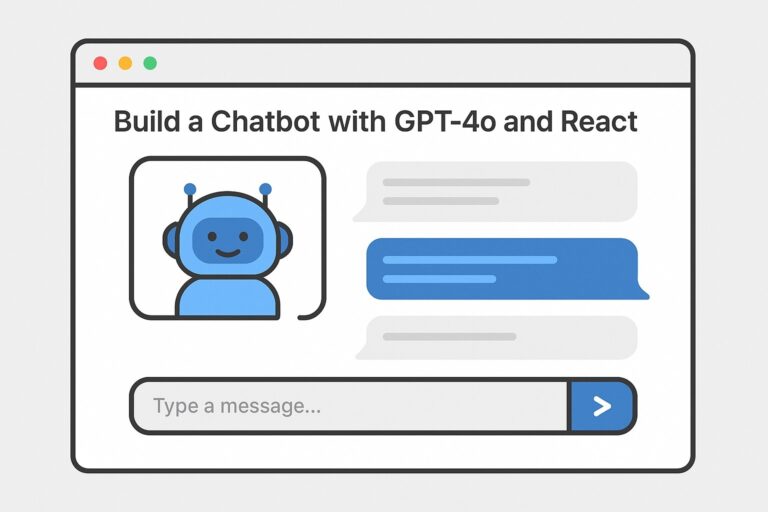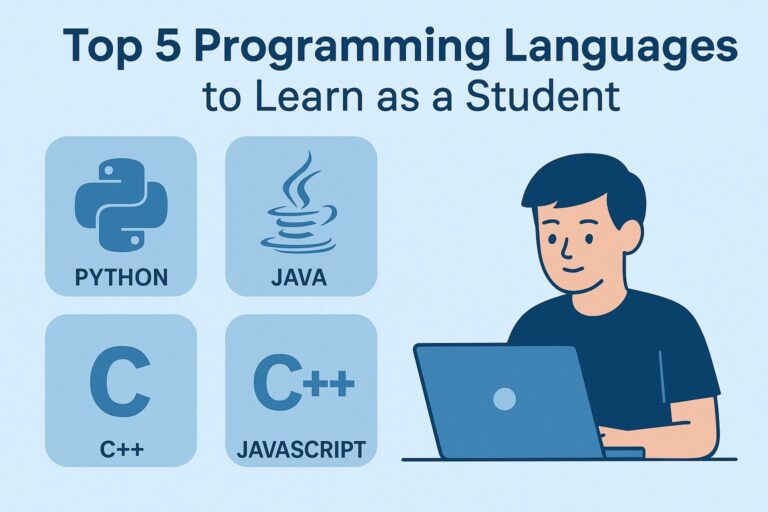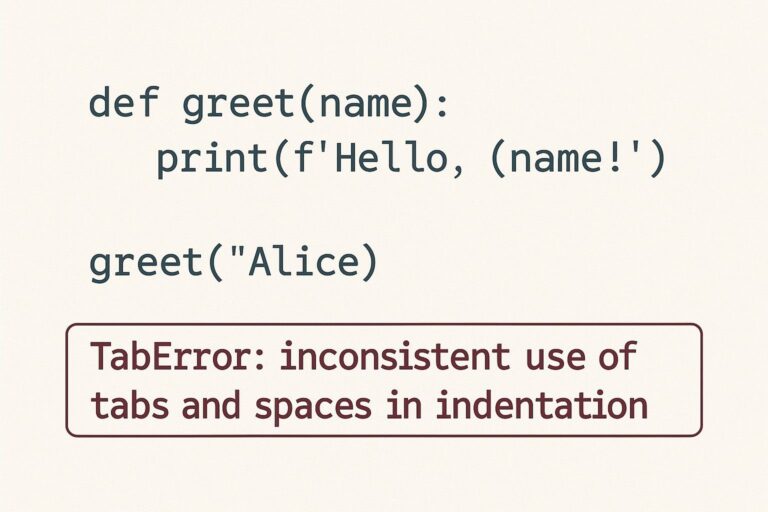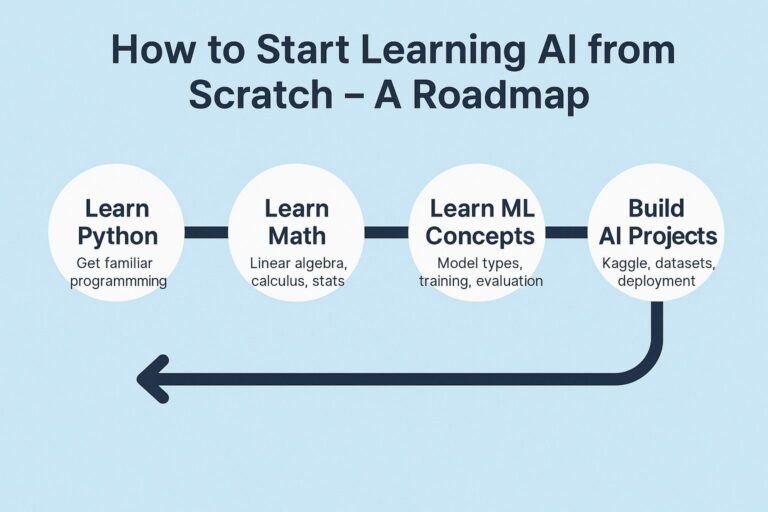
In the rapidly evolving world of digital marketing, Search Engine Optimization (SEO) remains a cornerstone of online visibility. However, the complexity of SEO—from keyword research and content creation to technical audits and performance tracking—can be overwhelming, especially for small teams or solo marketers.
Artificial Intelligence (AI) offers powerful solutions to automate, streamline, and enhance nearly every aspect of SEO and website optimization. This guide explores how businesses can leverage AI to improve search rankings, enhance user experience, and drive organic traffic more efficiently.
1. Keyword Research and Topic Discovery
AI can analyze massive datasets to identify high-performing keywords, search intent, and content gaps across your niche.
Benefits:
- Discover long-tail keywords with less competition
- Identify trending topics before they become saturated
- Understand semantic search and user intent
- Cluster keywords by relevance and search behavior
Tools:
- Semrush Keyword Magic Tool
- Surfer SEO Keyword Research
- Twinword Ideas
- Google’s AI in Search Console Insights
2. Content Creation and Optimization
AI-powered content tools can assist in generating, optimizing, and structuring articles that are both SEO-friendly and relevant to users.
Benefits:
- Generate outlines, headlines, and introductions
- Suggest keyword placements and content structure
- Improve readability and grammar
- Ensure optimal keyword density and NLP compliance
Tools:
- Jasper AI
- Copy.ai
- Surfer SEO Content Editor
- Clearscope
- Grammarly
3. On-Page SEO Recommendations
AI can perform real-time audits of your web pages and recommend specific improvements to titles, meta descriptions, headers, alt text, and internal linking.
Benefits:
- Ensures consistent on-page SEO across all pages
- Detects missing tags and improperly structured HTML
- Provides suggestions for keyword insertion and placement
- Analyzes competitor pages for benchmarking
Tools:
- Yoast SEO with AI integrations (for WordPress)
- RankMath Pro
- MarketMuse
- PageOptimizer Pro
4. Technical SEO Audits
AI tools can crawl your site and identify technical issues that affect search engine crawlability and performance.
Areas Analyzed:
- Page speed and Core Web Vitals
- Broken links and redirects
- XML sitemaps and robots.txt
- Mobile-friendliness and responsive design
- Structured data (schema.org)
Tools:
- Screaming Frog SEO Spider
- Sitebulb with AI insights
- Ahrefs Site Audit
- Deepcrawl
- Google Lighthouse (AI-powered metrics)
5. User Experience and Behavior Analysis
AI-driven analytics can help you understand how visitors interact with your site, enabling data-driven optimization of UX and conversion paths.
Metrics Tracked:
- Bounce rate and dwell time
- Scroll depth and heatmaps
- Click-through rates (CTR)
- Session recordings and behavior flows
Tools:
- Hotjar with AI-based session insights
- Microsoft Clarity
- Crazy Egg
- Google Analytics 4 (predictive AI segments)
6. Voice Search Optimization
AI tools help you optimize content for voice queries, which are often more conversational and question-based than traditional typed searches.
Strategies:
- Use of natural language and FAQs
- Incorporating schema markup for rich answers
- Optimizing for featured snippets and position zero
Tools:
- AnswerThePublic
- Frase.io
- Google’s NLP API
7. Content Gap and Competitor Analysis
AI algorithms can analyze competitor websites to identify gaps in your content strategy and uncover new ranking opportunities.
Benefits:
- Find keywords your competitors rank for that you don’t
- Analyze their top-performing pages
- Suggest content improvements or new angles
- Evaluate backlink strategies
Tools:
- Semrush Gap Analysis
- Ahrefs Content Gap
- SpyFu
- Similarweb AI analytics
8. Automated Reporting and Monitoring
AI can automate the collection, visualization, and reporting of SEO metrics, saving time and providing actionable insights.
Capabilities:
- Real-time traffic trend monitoring
- Rank tracking for keywords across regions
- Site health and alert systems
- Custom dashboards and data visualizations
Tools:
- Google Looker Studio with AI connectors
- AgencyAnalytics
- SE Ranking
- Serpstat
9. Predictive SEO and Trend Forecasting
Advanced AI models can forecast changes in user behavior, keyword popularity, and algorithm impacts, allowing proactive strategy shifts.
Use Cases:
- Predict traffic fluctuations based on search trends
- Anticipate algorithm updates and their potential effects
- Suggest future content investments based on audience interest
Tools:
- BrightEdge with AI forecasting
- DemandJump
- Crayon (market trend tracking)
10. Image and Video SEO
AI tools can enhance multimedia content by auto-generating alt text, optimizing file names, and tagging objects or faces in images and videos.
Features:
- Auto-tagging for faster publishing
- Image compression without quality loss
- Video transcript and caption generation
- Metadata enrichment for search engines
Tools:
- Cloudinary with AI auto-tagging
- Google Cloud Vision AI
- Veed.io (for video captions and SEO metadata)
Final Thoughts
AI is reshaping the SEO landscape by providing scalable, accurate, and data-driven solutions for website optimization. By integrating AI tools into your SEO strategy, you can work smarter—not just harder—improving content quality, boosting search rankings, and enhancing user experience.
Whether you are a solo entrepreneur, small business, or a growing startup, AI enables you to compete effectively in the search engine results pages without requiring a large team or enterprise budget. The key is to start with focused use cases—such as keyword research, content optimization, or technical audits—and scale your AI adoption as you see results.

I’m Shreyash Mhashilkar, an IT professional who loves building user-friendly, scalable digital solutions. Outside of coding, I enjoy researching new places, learning about different cultures, and exploring how technology shapes the way we live and travel. I share my experiences and discoveries to help others explore new places, cultures, and ideas with curiosity and enthusiasm.






